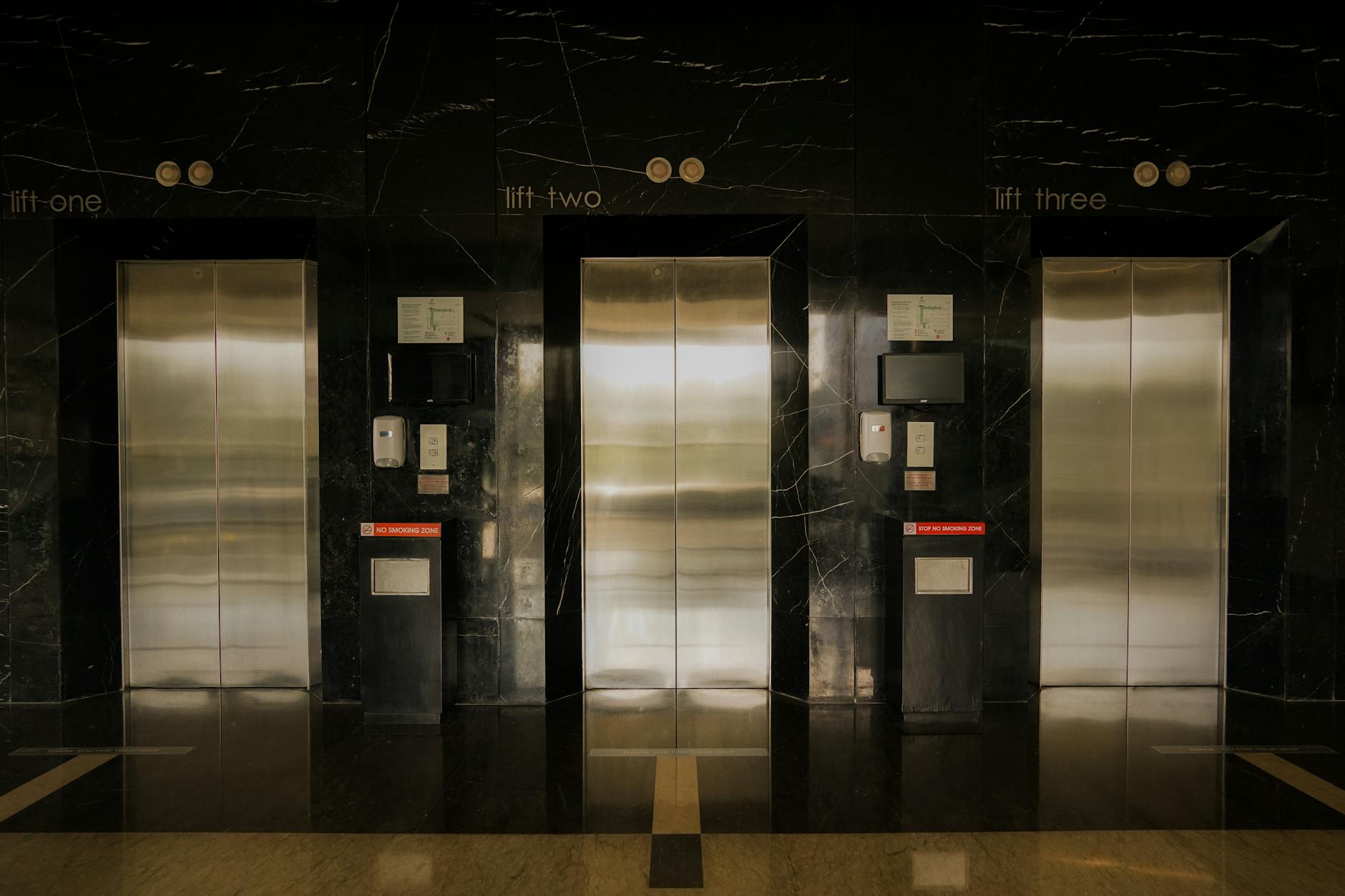Emerging Trends in Commercial Real Estate Leasing and Brokerage
Emerging trends in commercial real estate leasing and brokerage are reshaping how industry professionals, investors, and tenants approach the market. With rapid technological advancements, evolving tenant preferences, and shifts in economic conditions, the sector is witnessing significant transformation. This article explores the key developments that are influencing leasing strategies, brokerage practices, and property management, offering insights into how market players can adapt and thrive. From the integration of proptech and data analytics to sustainable building demands and flexible lease models, understanding these trends is essential for success in today’s competitive environment. By navigating these emerging patterns, stakeholders can optimize their decisions, enhance operational efficiency, and capitalize on new opportunities in commercial real estate.
Technology integration and proptech innovation
Technology has become the cornerstone of modernization within commercial real estate leasing and brokerage. Proptech solutions—such as AI-driven property management software, virtual tours, and blockchain for transparent leasing contracts—are enabling faster, more accurate decision-making and improving client experiences. Brokers now leverage predictive analytics to evaluate market trends, tenant behavior, and optimal pricing strategies, making lease negotiations more data-driven. Virtual reality tours allow prospective tenants to explore spaces remotely, reducing time spent on physical visits and broadening market reach.
Moreover, platforms that automate lease administration streamline workflows, lessen errors, and enable better compliance monitoring. The increased adoption of these tools is fostering greater transparency and efficiency, benefiting landlords and tenants alike.
Shift toward flexible leases and hybrid workspace models
The rise of flexible leasing agreements reflects changing tenant needs in response to workplace evolution. Businesses increasingly prioritize agility, leading to demand for short-term leases, coworking spaces, and adaptable office configurations. The hybrid work model, combining remote and onsite work, influences how office space is leased, with companies seeking flexibility to scale space up or down as required.
Flexible leases reduce long-term commitment risks for tenants and provide landlords with diversified income streams. This trend is particularly pronounced in urban centers where demand for dynamic workspace environments has surged.
Sustainability as a driver of leasing decisions
Environmental sustainability is becoming a critical factor in commercial real estate leasing. Tenants and investors are prioritizing buildings with green certifications, energy-efficient systems, and sustainable operations. This shift is prompting landlords to upgrade properties to attract high-quality tenants who value reduced operating costs and corporate responsibility.
Furthermore, regulatory pressures and incentives encourage the adoption of eco-friendly building practices. Properties that demonstrate commitment to sustainability typically command higher rents and exhibit stronger long-term investment potential.
Market data analytics and tenant experience focus
Data analytics plays a pivotal role in enhancing tenant experience and optimizing brokerage strategies. Brokers and property managers use real-time data on occupancy patterns, space utilization, and tenant feedback to tailor services and enhance satisfaction. Predictive analytics assist in identifying tenant retention risks and customizing lease renewals.
Improving tenant experience through technology and data insights supports longer lease terms and reduces vacancy rates. Additionally, data-driven marketing allows brokers to target suitable tenants more effectively, increasing leasing velocity.
| Trend | Key benefits | Impact on stakeholders |
|---|---|---|
| Proptech innovation | Improved efficiency, transparency, and remote access | Faster deals, enhanced broker-client relations |
| Flexible leases | Agility, reduced commitment risk | More tenant options, diversified landlord income |
| Sustainability | Lower costs, regulatory compliance | Higher rents, better asset value |
| Data analytics | Enhanced tenant satisfaction, optimized marketing | Longer leases, reduced vacancies |
Conclusion
The commercial real estate leasing and brokerage sector is undergoing dynamic changes driven by technological innovation, changing tenant demands, sustainability concerns, and data utilization. Integration of proptech tools streamlines processes and enhances transparency while flexible lease options cater to the evolving nature of workspaces. At the same time, a growing focus on green buildings is shaping investment and occupancy patterns, reflecting broader environmental priorities. Meanwhile, leveraging market data improves tenant experiences and optimizes brokerage operations, strengthening client relationships and boosting retention. Collectively, these trends signal a more agile, efficient, and responsible commercial real estate environment. For investors, landlords, and brokers, staying attuned to these developments will be key to sustaining competitive advantage and capitalizing on emerging opportunities in the evolving market landscape.
Image by: Salman Haris
https://www.pexels.com/@salman-haris-513980394
editor's pick
latest video
news via inbox
Nulla turp dis cursus. Integer liberos euismod pretium faucibua

